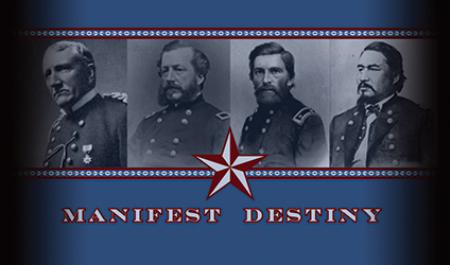
by bartmann | Apr 4, 2024
In the 1800s the newly created United States of America was seized by what was labeled “Manifest Destiny”–a deep-seated drive to expand from coast to coast. This drive encountered several obstacles, ranging from the challenges presented by geography and travel...
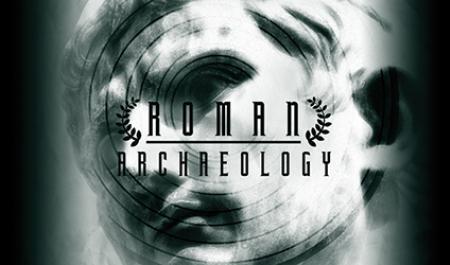
by bartmann | Apr 4, 2024
Join anthropologist and classical archaeologist David Soren for an overview of ancient Rome. Moving from the Early Iron Age to the so-called fall of the Roman Empire, the course will also look at the mysterious people known as the Etruscans. It will delve into...
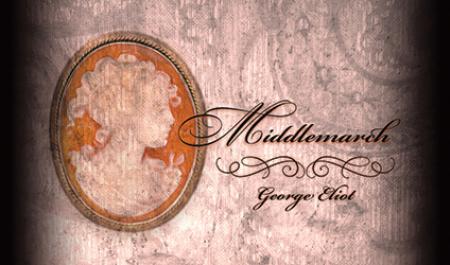
by bartmann | Apr 4, 2024
Virginia Woolf famously said that Middlemarch is “one of the few English novels written for grown-up people.” It is also frequently said to be the best nineteenth-century novel written in English and the most perfect example of classic British realism. Its capacious...
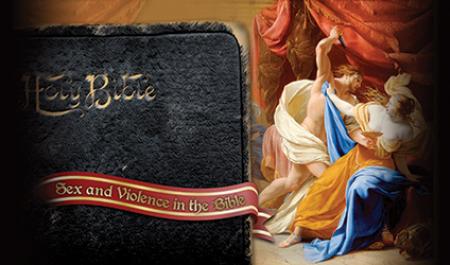
by bartmann | Apr 4, 2024
What’s really in the Bible? As opposed to what we’ve been told by well-meaning but often not well-informed parents, clergy, and others? This course provides an innovative look at many instructive and amusing aspects of this most consequential book in...
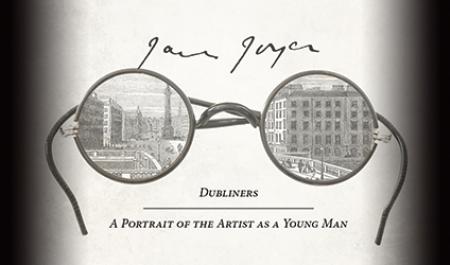
by bartmann | Apr 4, 2024
This seminar begins by putting Dubliners and Portrait of an Artist into their social and literary contexts. We will then spend two meetings on each work. Though in different genres—the short story and the education novel—they are companion pieces in significant ways....
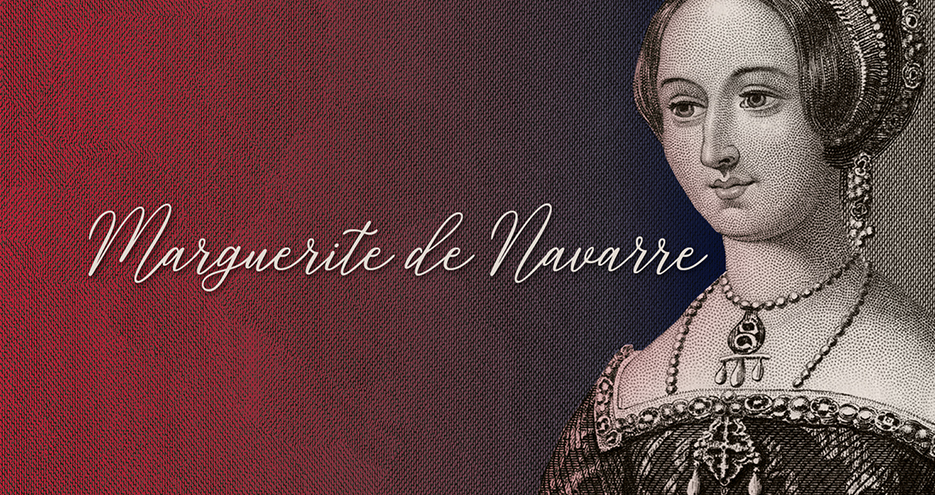
by bartmann | Apr 4, 2024
This course will focus on Marguerite de Navarre’s Heptaméron, a collection of putatively “true” stories inspired by Boccaccio’s Decameron. Composed in the 1540s, the entertaining Heptaméron is puzzling on several counts. That the Queen of Navarre, sister of King...
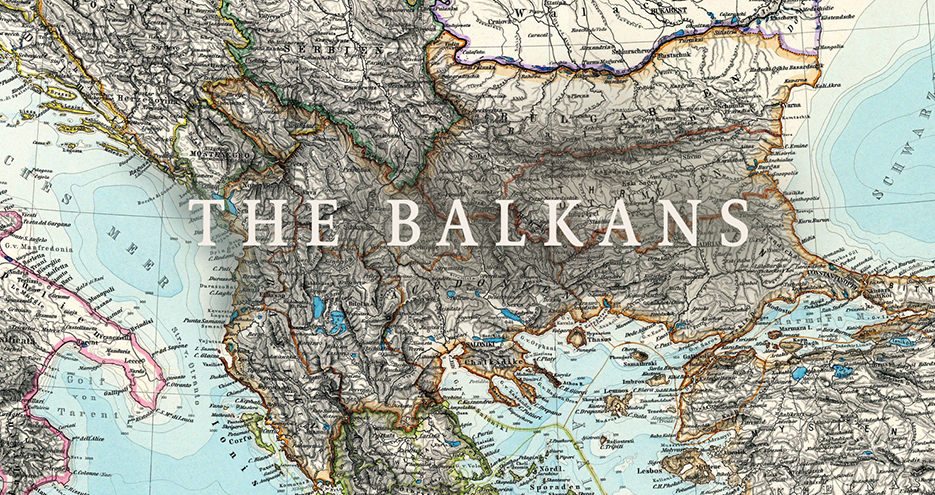
by bartmann | Apr 4, 2024
The Balkans has typically been described stereotypically and which countries belong in the Balkans today remains contentious. In this course, we will examine the Balkans from a variety of perspectives: the cultural-historical background of the Balkans as a...

by bartmann | Apr 4, 2024
Why is it that much classical music written after 1910 remains difficult for audiences? The answer lies partially in the splintering of compositional languages throughout the 20th century, languages that can leave listeners unnecessarily flummoxed and dissatisfied. In...
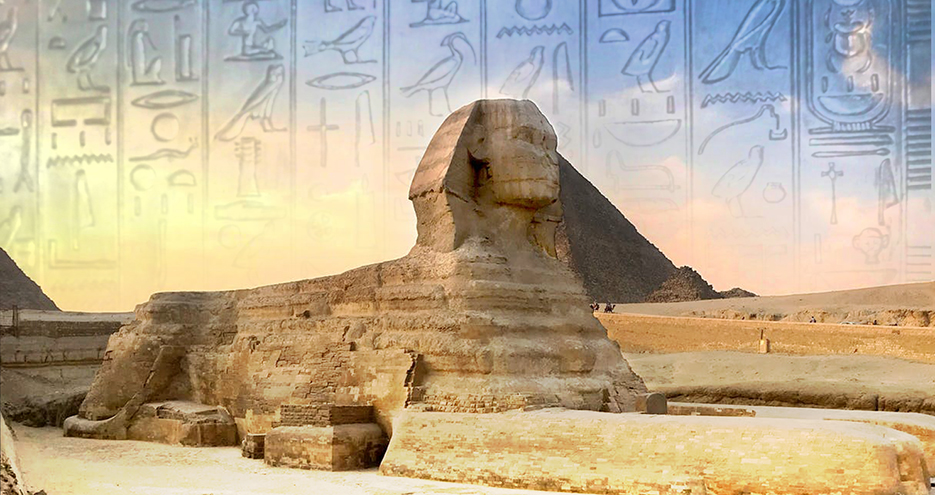
by bartmann | Apr 4, 2024
This course will examine the sites that were most critical to the development of ancient Egyptian civilization and have yielded its most spectacular discoveries. Archaeological sites such as the Pyramids and Great Sphinx of Giza, the Valley of the Kings & King...

by bartmann | Apr 4, 2024
Water is the most important resource associated with ecological and human well-being, economic productivity, and security. Stresses are placed on the Earth’s water resources by climate change, population growth, conflicts, and other social changes. Achieving a...
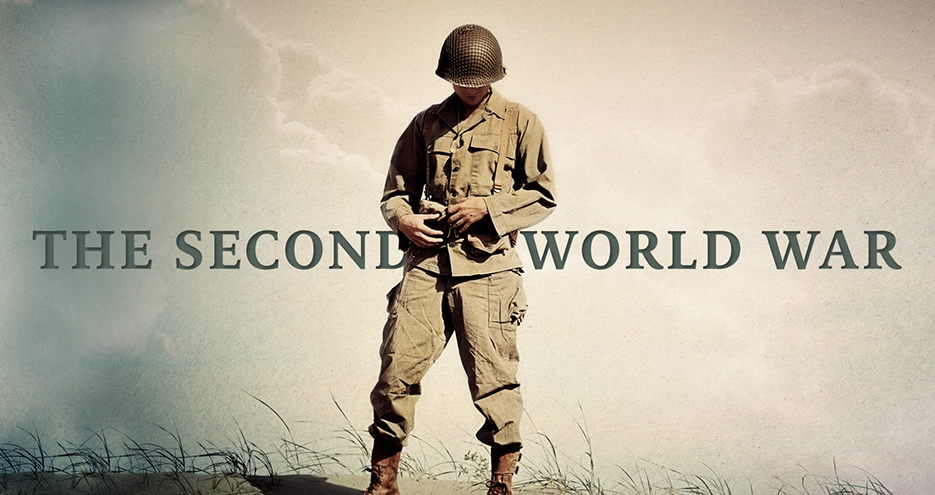
by bartmann | Apr 4, 2024
This course is an interdisciplinary exploration of the central conflict of the twentieth century. Our approach to the topic will be roughly chronological and will attempt to treat each of the major theaters and battles, themes, and ideas of the conflict. We will trace...
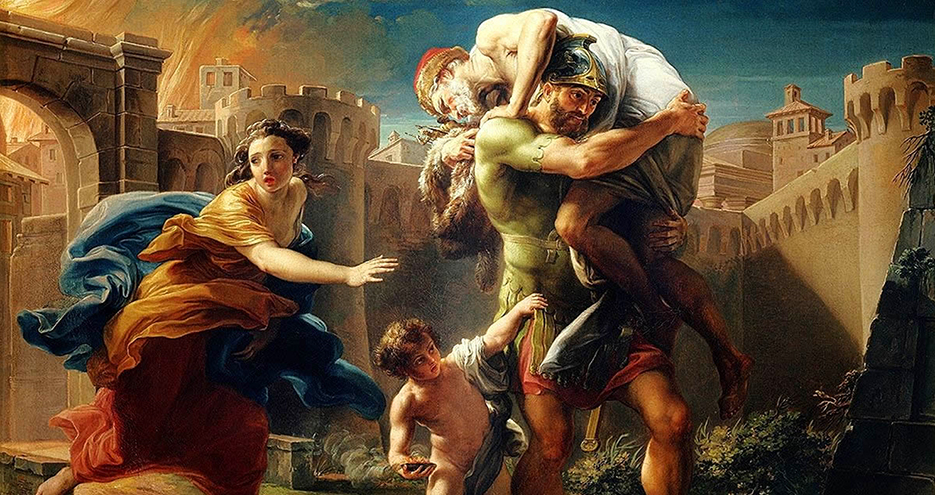
by bartmann | Apr 4, 2024
This seminar examines Virgil’s Aeneid as well as the pivotal and turbulent context that led to its creation. The course begins with an introduction to the political turmoil that encompassed the fall of the Roman Republic and Octavian’s rise to power as Augustus...

by bartmann | Apr 4, 2024
This course will explore the culture, counterculture, and art of the long decade of the 1960s. Our focus will center on youthful artists in the United States, beginning with Abstract Expressionism and ending with Performance art and what critic Lucy Lippard called the...
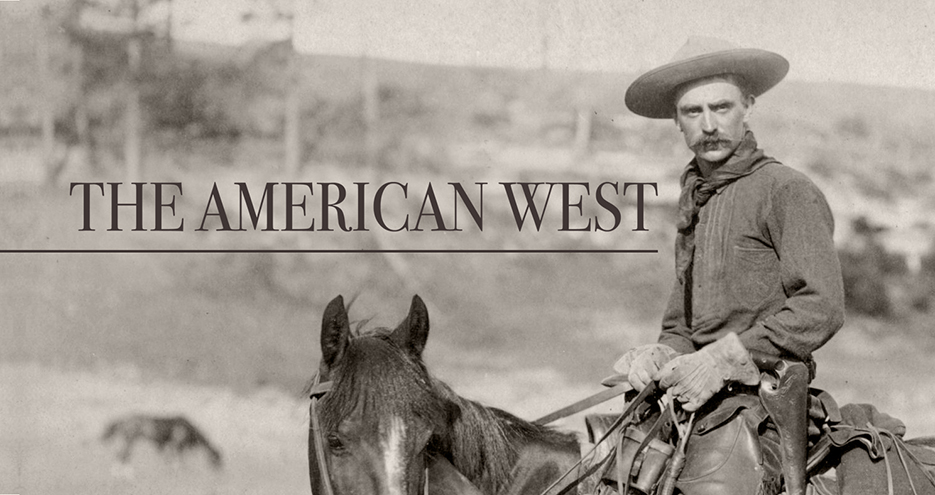
by bartmann | Apr 4, 2024
Most of the people in the world know something about the American West. Usually popular ideas about it come from the work of novelists, artists, performers, filmmakers and TV producers, who created a mythical time and place where self-reliant pioneers overcame...
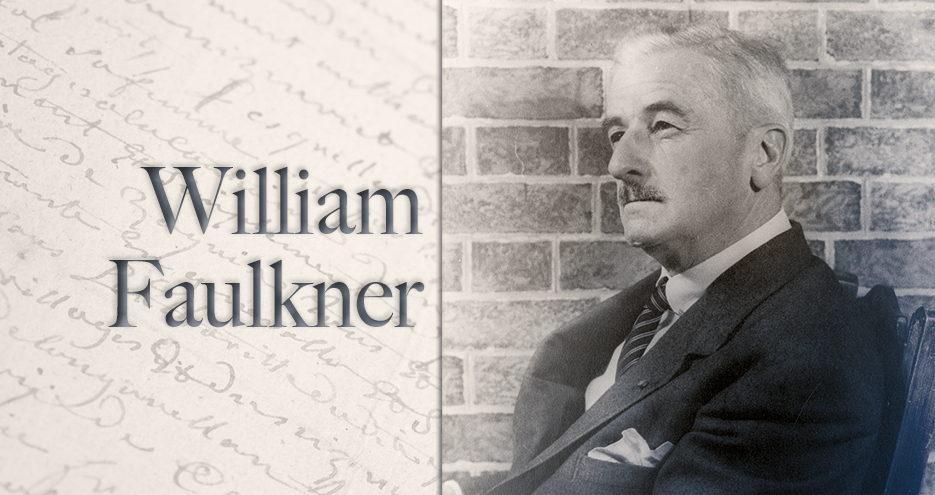
by bartmann | Apr 4, 2024
In this course, we will focus on learning to read three of Faulkner’s most celebrated novels: The Sound and the Fury (1929), Light in August (1932), and Absalom, Absalom! (1936). “Learning to read,” means learning to analyze, interpret, and enjoy. We will ask...

by bartmann | Apr 4, 2024
To study film language is to explore how films use narrative structure, visual style and sound design. We will begin at the beginnings of film, from the 1890s through the 1910s feature, the European art film movements of the 1920s and the arrival of sound. With this...
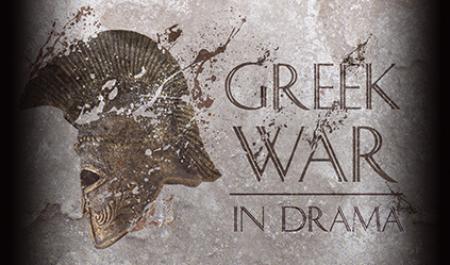
by bartmann | Apr 4, 2024
The first great work of Western literature, Homer’s phenomenal epic The Iliad, sings of the Trojan War, its horrors and its glories. To the ancient Greeks war was a fact of life. Proving oneself in battle was fundamental to becoming a man. Despite modern Western...
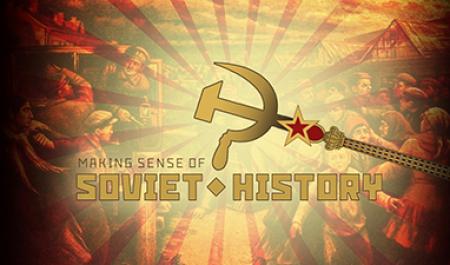
by bartmann | Apr 4, 2024
The Bolshevik Revolution and the Soviet Union played defining roles in the twentieth century, yet are poorly understood. To help us to better grasp their history, this course will integrate the best scholarship and currently available evidence to provide a broad...
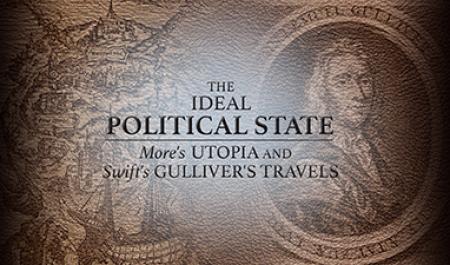
by bartmann | Apr 4, 2024
This seminar will focus on the ideal political state as it is represented in More’s Utopia (1516) and Swift’s Gulliver’s Travels (1726). There are no incontrovertibly valid answers to the question of what constitutes the ideal state and how it may be...

by bartmann | Apr 4, 2024
In this course Professor David Soren presents four of his most significant accomplishments from his fifty-year career in archaeology (Oxford University has cited his work as among the fifty greatest archaeological discoveries of all time). First, he will discuss his...





















